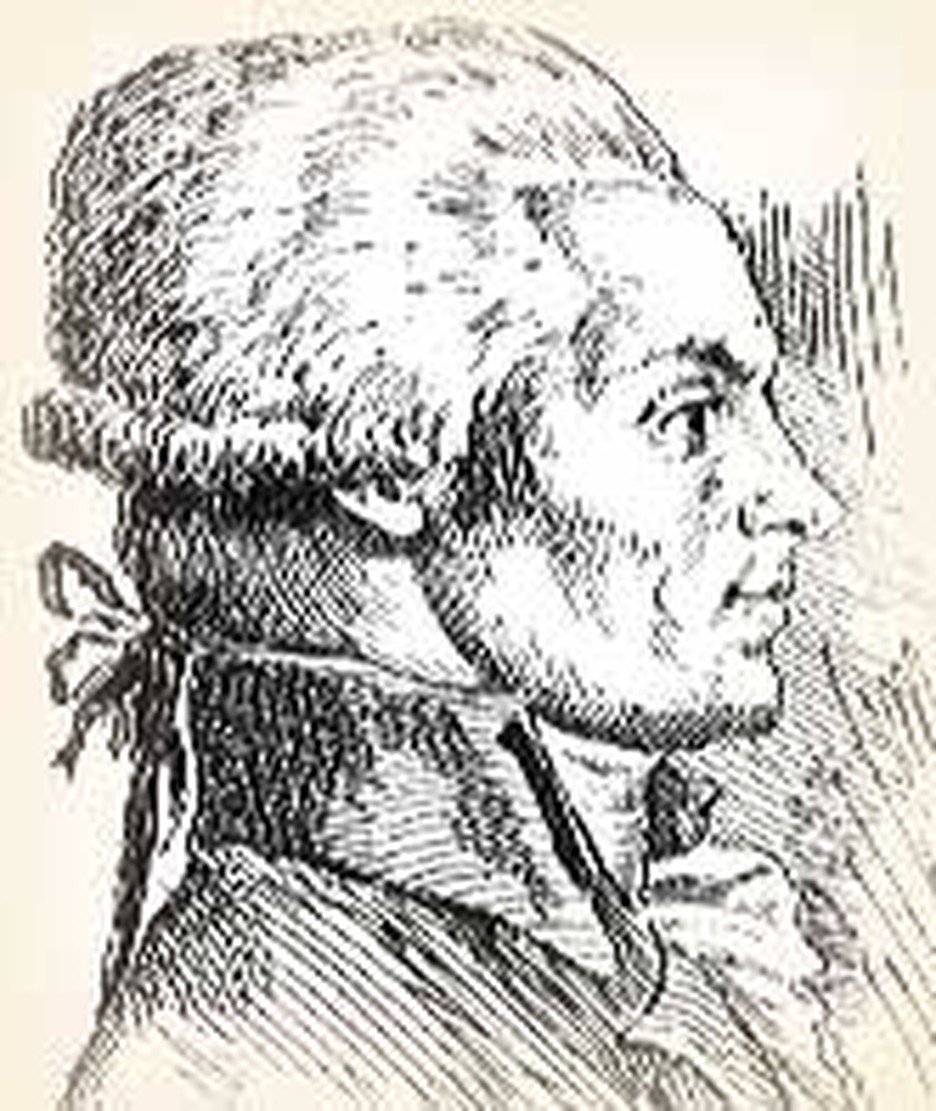
On the whole, the French Revolution was hostile to Christianity and to institutions which the church had built over the centuries.
The revolutionists pursued an erratic policy toward church and faith. At times they attempted to sway the priests to their side. Very early in the revolution, while the king was still alive, the Catholic church was declared the only church of the nation. But, more typically, the revolutionaries acted directly contrary to the interests of the church.
The churchmen were not without blame. Their bishops were largely drawn from the old ruling classes. As their persecution of the Huguenots showed, they were without tolerance. Indeed, had the Huguenots not been driven out of France, their zeal for Christ, their Protestant ethics and their faith might have prevented the revolution. The cruelties of the inquisition in France were notorious. Too often the established church had not shown Christ's love. Clearly, the Philosophés, who rejected the church and embraced Deism, Agnosticism or Atheism, had a strong historical rationale for their attacks on the church. And many who occupied high positions within the Revolution thought as they did.
As early as August 1789, various church fees were abolished. When the Declaration of Rights of Man was issued, it merely tolerated religion, with the words "No one is to be molested for his opinions, even his religious opinions..." A decree in November 1789 declared all church property was at the disposal of the nation. A month later a vast amount of church property was ordered sold. Early the next year, religious vows were forbidden. Yet the National Assembly agreed to pay the priests' stipends. When the Pope condemned the Declaration of Rights, half the priests swore to uphold the new constitution whereas the rest refused. They were considered anti-revolutionaries (called "non-jurors").
Non-jurors were forbidden to preach in their churches. They could only hold mass. Many non-jurors therefore renounced state pay and embraced poverty. Increasingly they came under restriction and attack.
The anti-clerical faction must have been greatly pleased when legislation closed all religious houses on this day, August 4, 1792. Cluny, an abbey hoary with tradition, was destroyed. Other abbies became prisons. Later that month an oath of liberty and equality was devised to which all clergy must accede. On the 26th, with passions running high, a decree ordered all non-juring clergy out of the nation within two weeks. Only the sick and aged alone were excused. The penalty was exportation to tropical Guiana.
Before all was over, French priests were hunted, harassed and executed. A Deist god was proclaimed by Robespierre, and at last the Goddess Reason (represented by a prostitute) was made the official deity of a France whose daily, blood-crazed zigzags in policy were anything but reasonable. Some venerable Catholic buildings became the scenes of mocking rites. These developments serve to remind us that it is easier to lash out at political chains than to throw off the chains of sin.
Bibliography:
- Aulard, François Victor Alphonse. Christianity and the French Revolution. New York: H. Fertig, 1966.
- Durant, Will and Ariel. Rousseau and Revolution. New York: Simon and Schuster, 1967.
- Lefebvre, Georges. The Coming of the French Revolution. New York: Vintage Books, 1947.
- Munro and Whitcomb. Medieval and Modern History. New York, Appleton, 1912. Source of the image.
- Varoius encyclopedia articles.
Last updated April, 2007.


